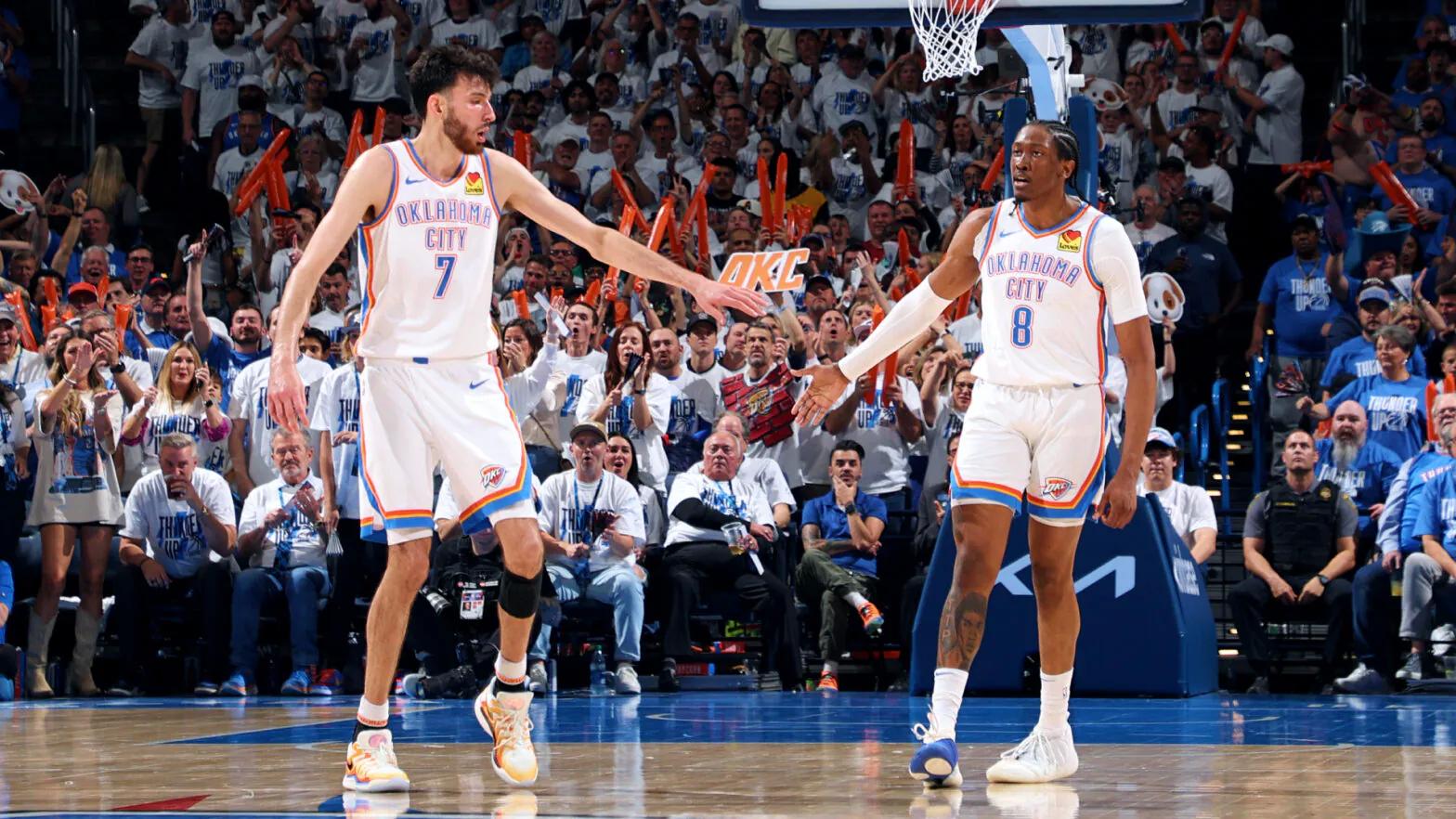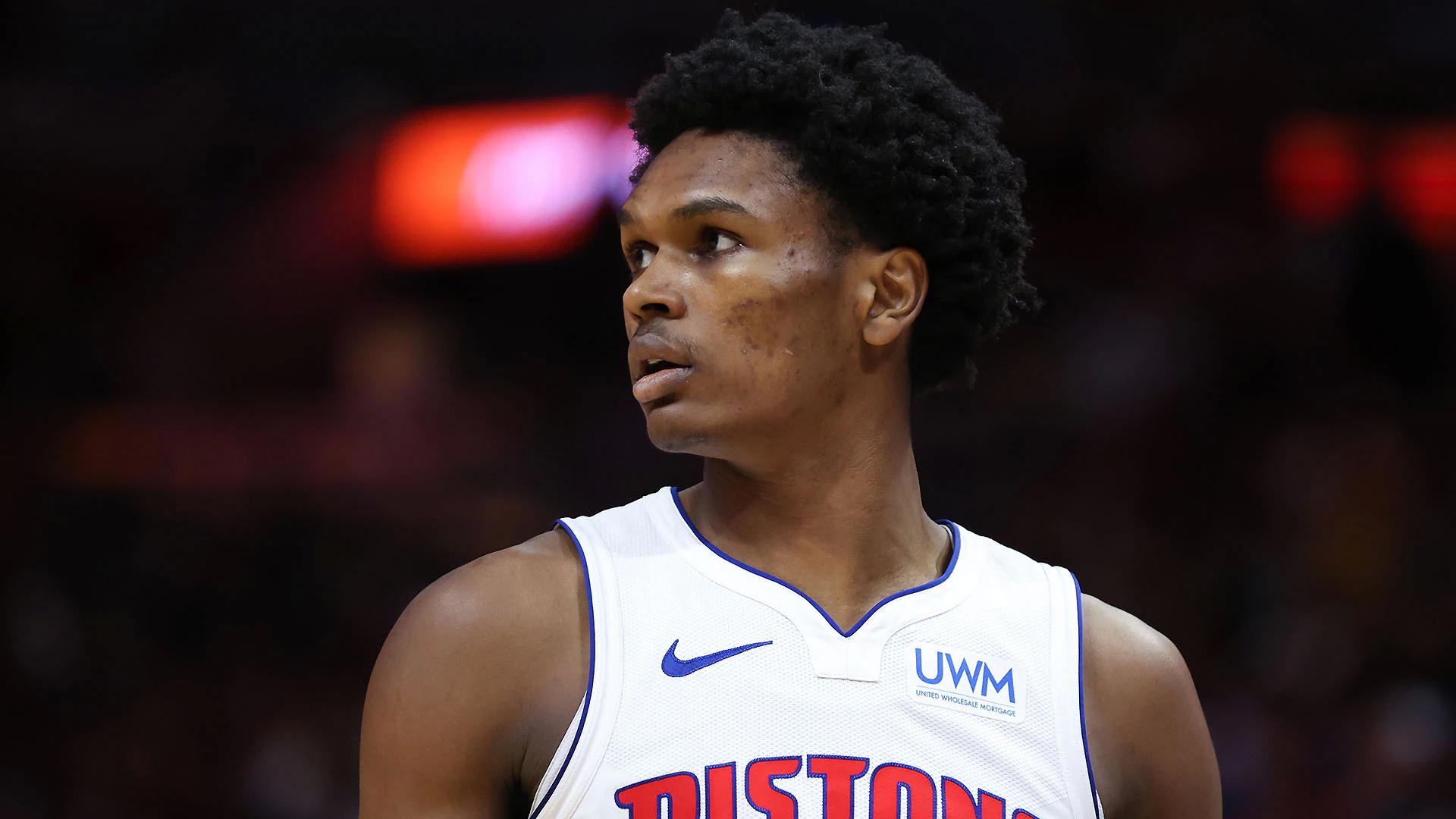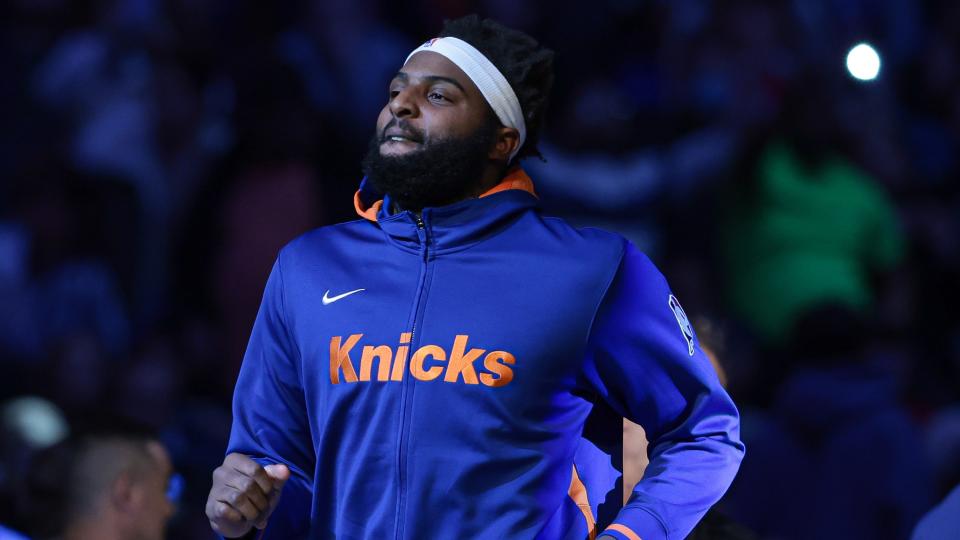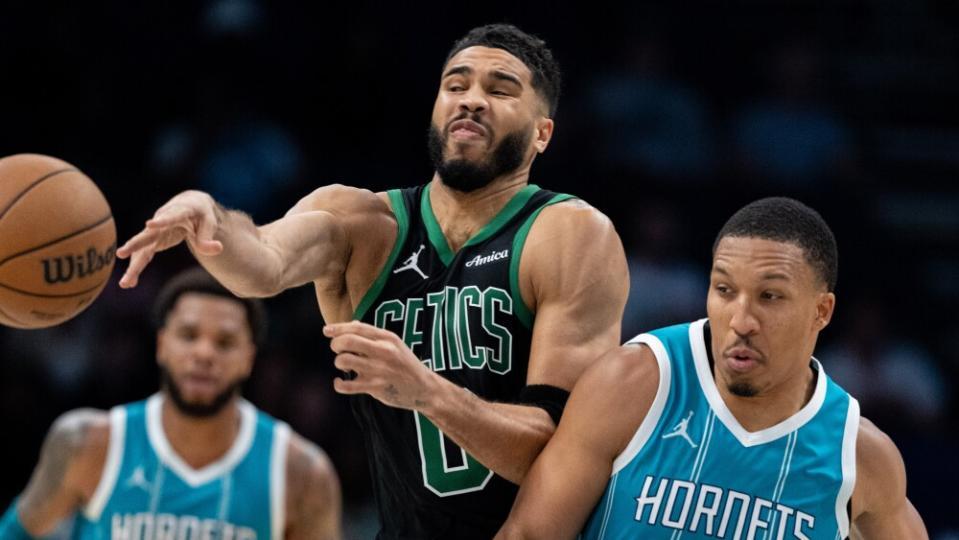Yahoo Sports Update: Staying current with the latest sports news

NBA fines collected from players go towards various charitable causes, including the NBA Cares Foundation and other community initiatives. However, Boston Celtics player Jaylen Brown believes that players should have more control over where their fine money goes, advocating for more transparency and input in the decision-making process. Brown's stance reflects a growing trend towards player empowerment and social activism within the NBA.
Jaylen Brown was hit for a $25,000 fine last week as punishment for his throat-slash dunk celebration during the Boston Celtics' Dec. 4 win over the Detroit Pistons.
That amount was the most Brown has been fined by a wide margin since he entered the NBA in 2016, as all of his other fines stemmed from technical fouls, which typically result in $2,000 fines. (Brown now has been fined 34 times for a total of $94,000 in his career, with 33 of those fines coming from technical fouls.)
That all begs the question: Where does that fine money go? Do players have any agency in where the dollars land, or is it solely up to the NBA? Brown, who is a Vice President in the NBA Players Association, said money from fines often is directed to a charity of the NBA's choosing. In an ideal world, Brown would like to see players choose where their fine money ends up.
"I would prefer it to be that way. It doesn't always go that way," Brown told reporters Wednesday. "Per rules, per CBA (collective bargaining agreement), it goes to charity, but it doesn't go to the charity of our choice all the time.
"Behind the scenes, we have a lot of great people who fight for that to make sure the players feel empowered and stuff like that. But some of that stuff is not as concrete as we would like it to be, as I would like it to be.
"It goes a lot of times to the NBA's charities or whatever they support. But as players, we should have a little more control over where our fine dollars go."
Lyzz Ogunwo, the NBPA's VP of International Development and Global Impact, told NBC earlier this year that half of player fine money goes to the NBPA Foundation while the other half goes to the league, with both entities distributing the money to philanthropic efforts.
Ogunwo did note that players with at least three years of NBA experience can request matching grants that also go to the charities.
"Any player that has had at least three seasons in the league, if they are supporting a non-profit, they are then able to reach out and request a matching grant up to $25,000 each fiscal year," Ogunwo said.
That system appears to at least give players some agency in the fine distribution process. Based on Brown's comments, however, there's more that could be done to help players redirect fine money toward worthy causes of their own choosing.
Brown and the Celtics haven't played since Saturday but will return to action this Thursday against the Detroit Pistons at TD Garden.
RELATED STORIES






LATEST NEWS







